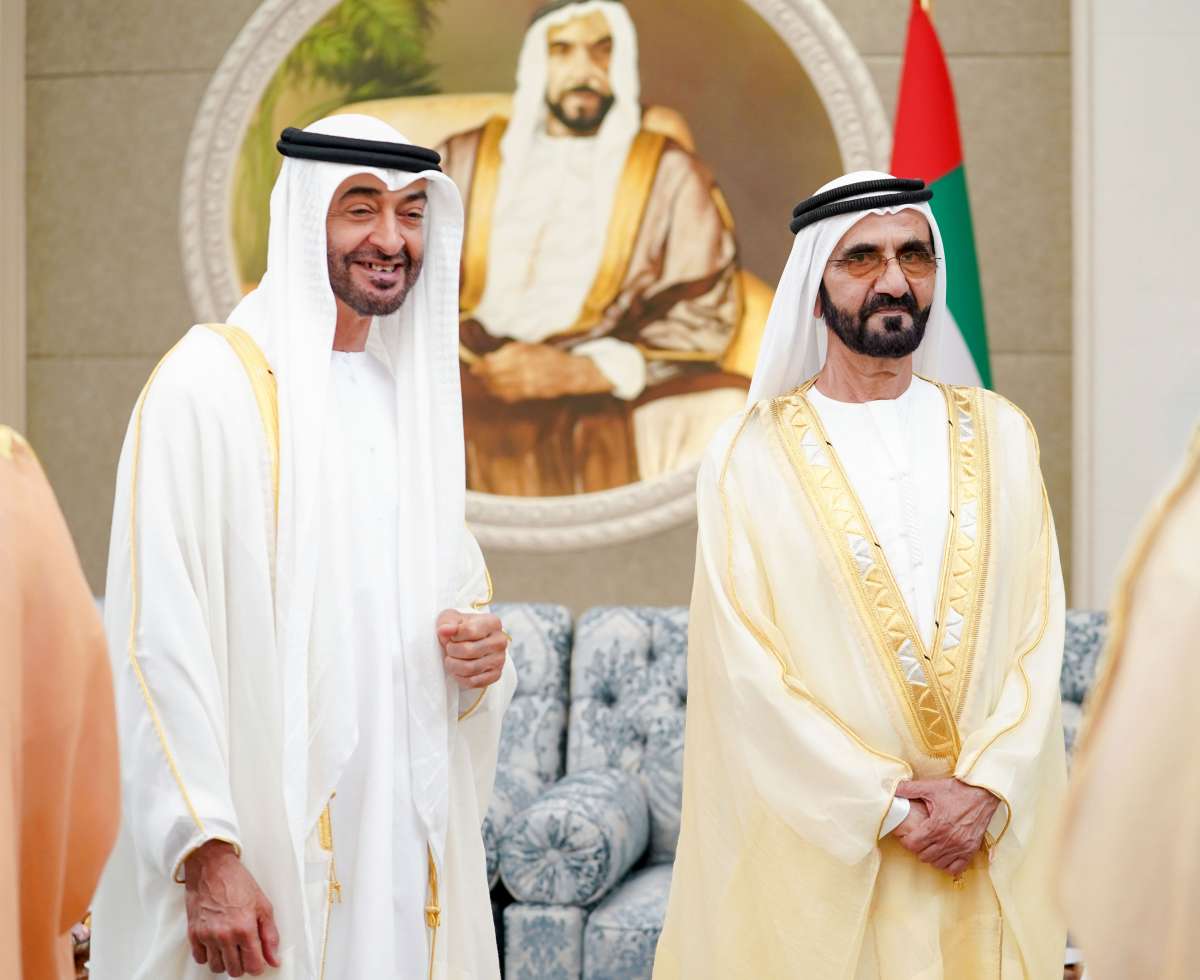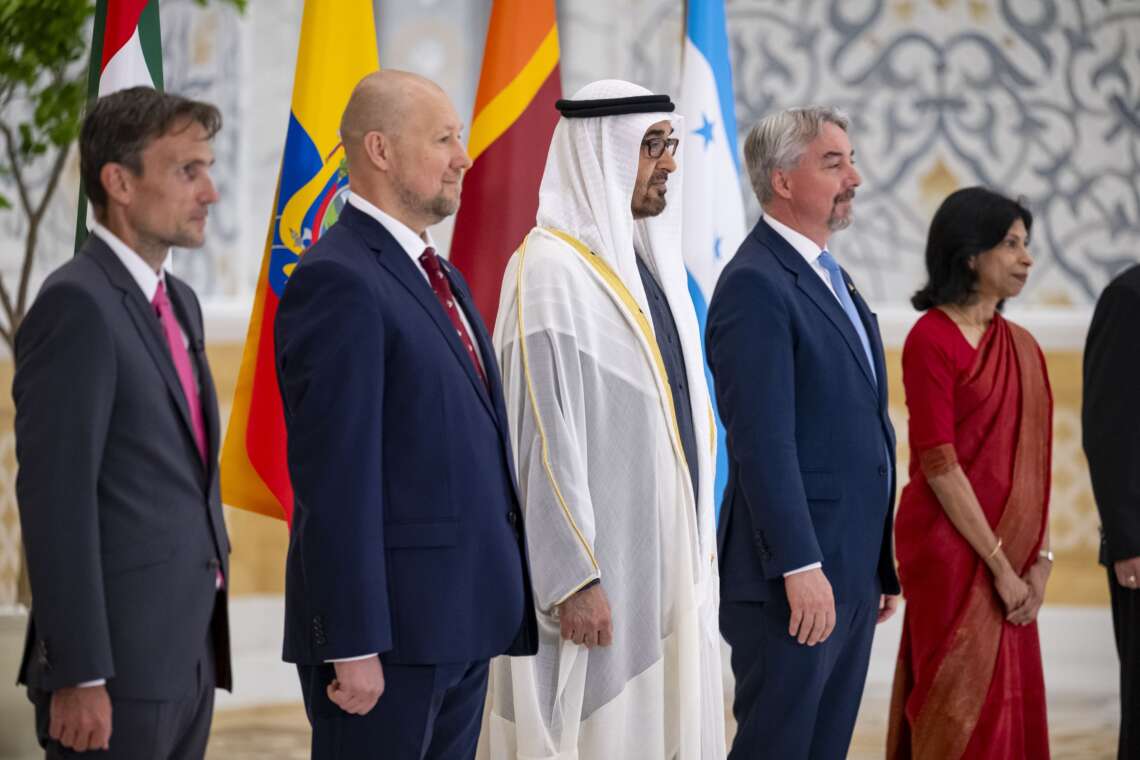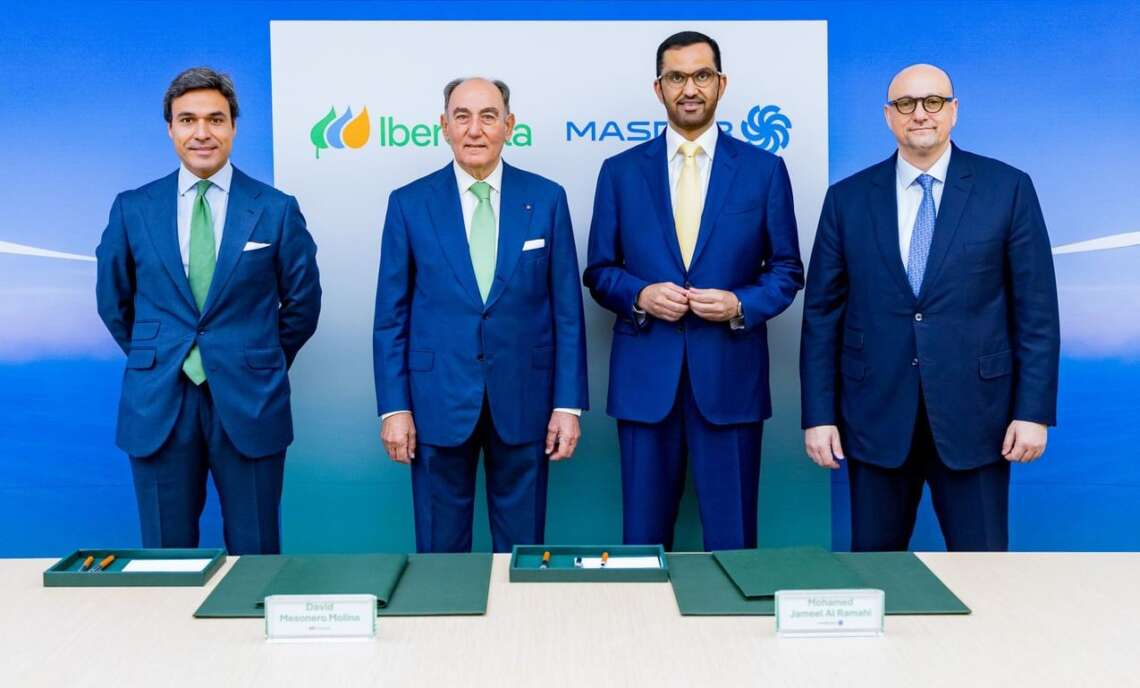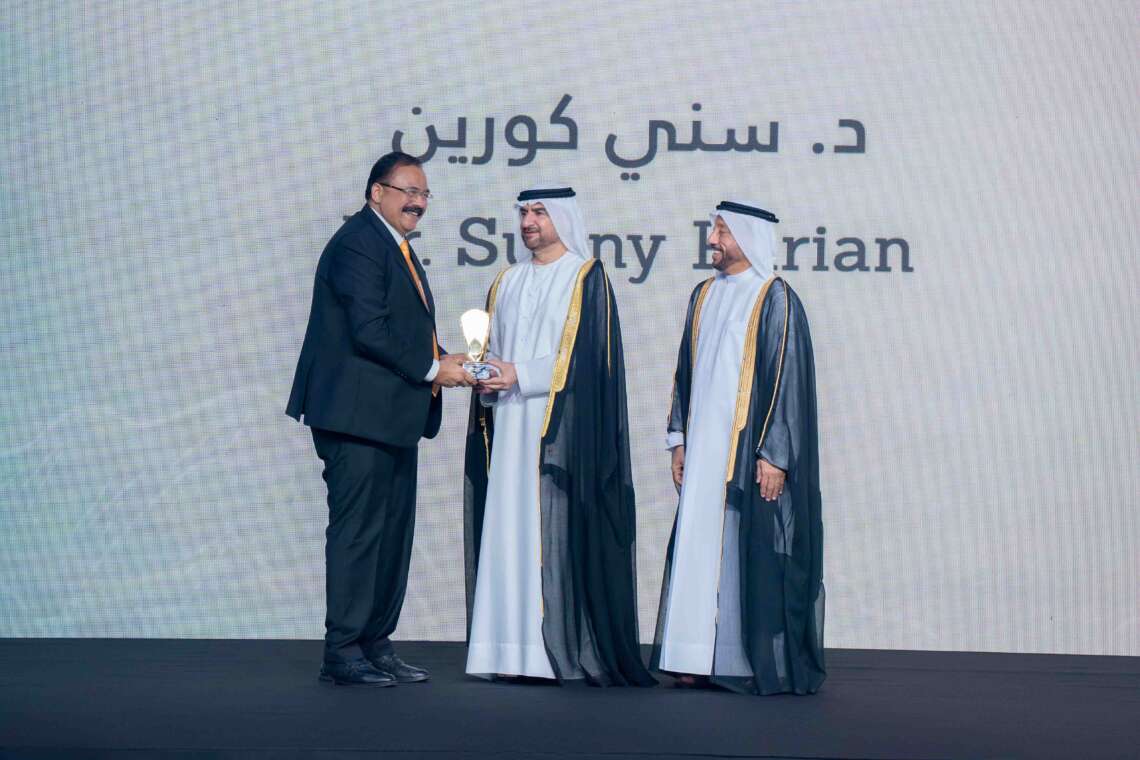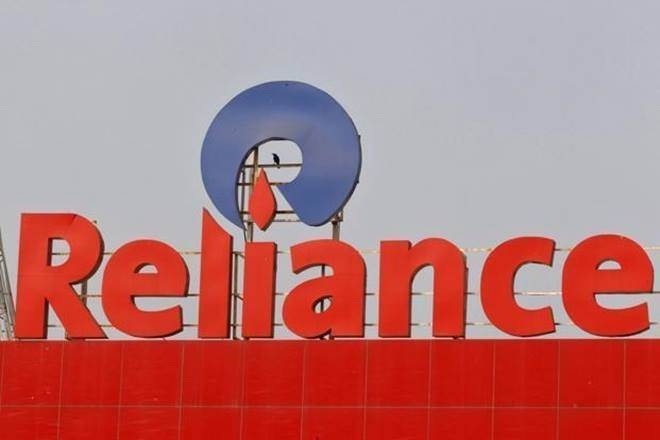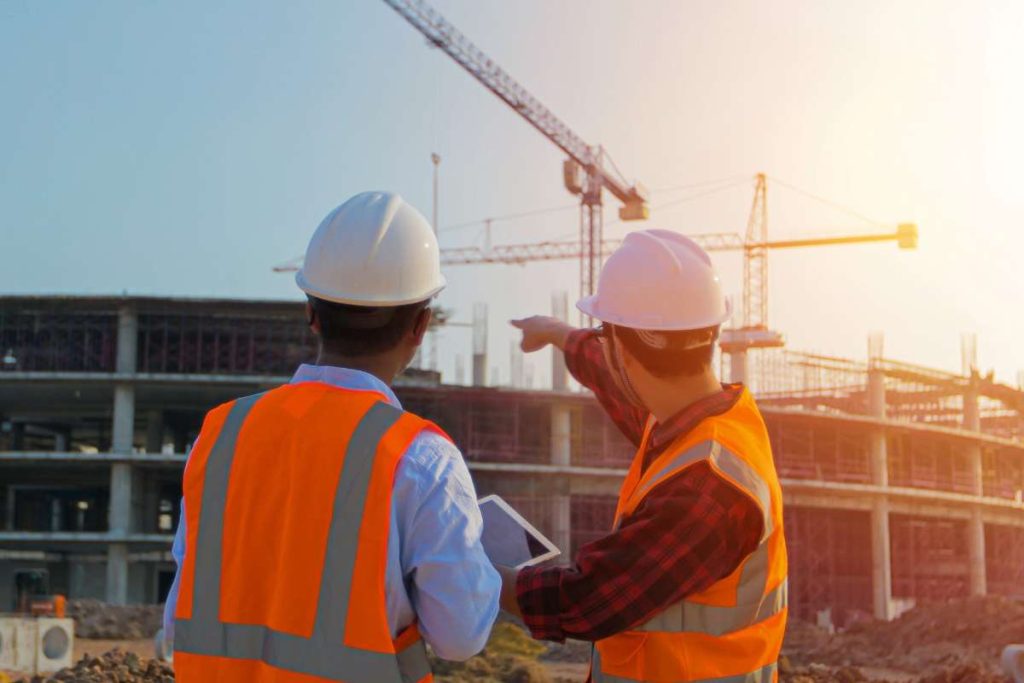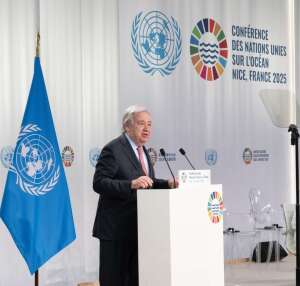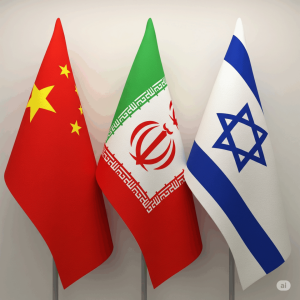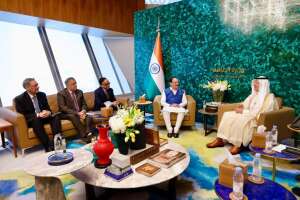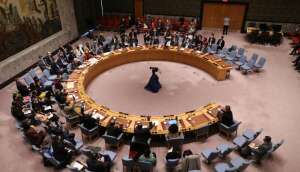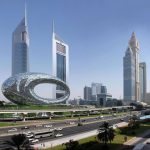Past twelve months have been eventful for UAE with a series of key events and achievements that further drives the country’s sustainable development march….reports Asian Lite News
The year 2022 has undoubtedly been an active year for the UAE, which was the stage for a series of key events, resolutions and distinguished achievements, further driving the country’s sustainable development march.
With the new year just around the corner, here are the UAE’s major achievements in 2022.
January saw two major milestones: the implementation of the new weekend in the UAE, and the establishment of the first space economic zone in Masdar City.
In February, the UAE announced the gradual relaxation of operational capacity restrictions on activities and events, and the introduction of a federal corporate tax on business profits.
Meanwhile, March witnessed the approval of the resolution on sabbatical leave for UAE citizens working in government who wish to start their own businesses, and culminated with the spectacular Closing Ceremony of Expo 2020 Dubai, which recorded over 24 million visits.
An example of sustainability in action, Expo City Dubai retains 80 percent of Expo 2020’s built infrastructure, including 123 LEED-certified buildings and eight infrastructure projects rated ‘Excellent’ under CEEQUAL.
Expo City Dubai – a state-of-the-art ‘green’ destination that hosted the world for six months – will host COP28 – The Emirates Climate Conference with the UNFCCC.
Come the end of April, the UAE Cabinet approved the UAE’s Digital Economy Strategy, as well as its joining of the International Partnership for Hydrogen and Fuel Cells in the Economy (IPHE).
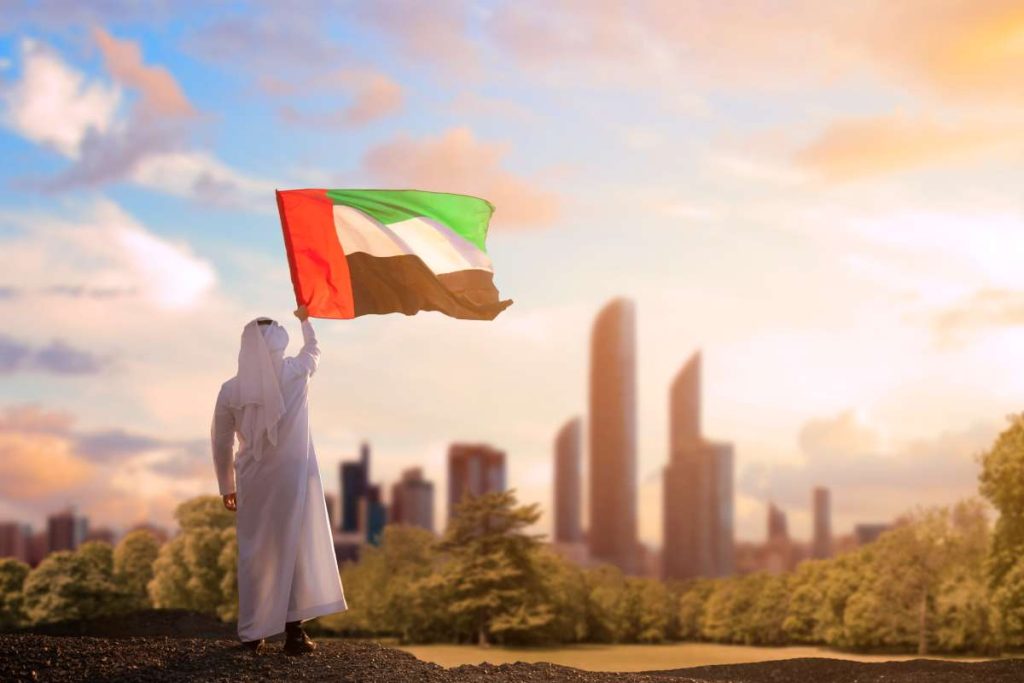
May was a time of great mourning for the UAE, which was struck with grief due to the passing of Sheikh Khalifa bin Zayed Al Nahyan, but the nation soon after felt a breath of relief with the election of His Highness Sheikh Mohamed bin Zayed Al Nahyan as the UAE’s new President.
In early June, President His Highness Sheikh Mohamed ordered the completion of pending housing grant applications and the restructuring of the low-income citizens’ support programme, and later the country’s unemployment insurance law was issued.
July saw an inspirational televised speech, as President His Highness Sheikh Mohamed announced the nation’s priorities and future plans, soon after the UAE Cabinet approved the controls for sabbatical leave for citizens working in government.
August kicked off on a high note with the formation of the “Higher Committee for Government Digital Transformation”. The UAE also ranked 13th globally in the gross national income (GNI) per capita index.
In September, the country launched the new generation of the UAE passport and, later that month, began the operation of Unit 3 of the Barakah Nuclear Energy Plant.
As for October, the UAE’s key milestones included the launch of the trial run of the new Advanced Visa System, and the approval of the country’s federal budget 2023-2026, with an estimated expenditure of AED252.4 billion.
November saw the UAE advance on the environmental conservation front with the launch of a partnership between the UAE and the US to invest US$100 billion to generate an additional 100 gigawatts of clean energy worldwide. November also marked the UAE’s full return to normalcy with the cancellation of all COVID-19 precautionary measures.
Finally, the UAE ended the year with two major strides in the space sector, as it organised the inaugural Abu Dhabi Space Debate, and launched the Arab world’s first lunar rover, dubbed “Rashid Rover”.
The Abu Dhabi Space Debate also witnessed the launch of the Space for Climate Observatory, a global initiative that aims to bring together public and private entities involved in the Earth observation sector to coordinate efforts aimed at promoting the peaceful use of space technology to address climate change, and increase the efficiency of its applications for sustainable and successful climate action at the local and global levels.
Meanwhile, the ambitious moon mission undertaken by the UAE will study the lunar surface and uncover insights that will catalyse technology development and the future of space exploration. The mission will study different aspects of the lunar surface, including lunar soil, thermal properties of surface structures, and the lunar photoelectron sheath.
The Emirati lunar rover will land on an area of the Moon’s surface that previous lunar exploration missions have not explored. Therefore, it will provide novel and highly valued data, images, and insights. During its mission, the lunar rover will collect scientific data on matters relating to the origin of the solar system, our planet and life.
The rover is officially in good health and is set for landing after the four-month cruise phase.

